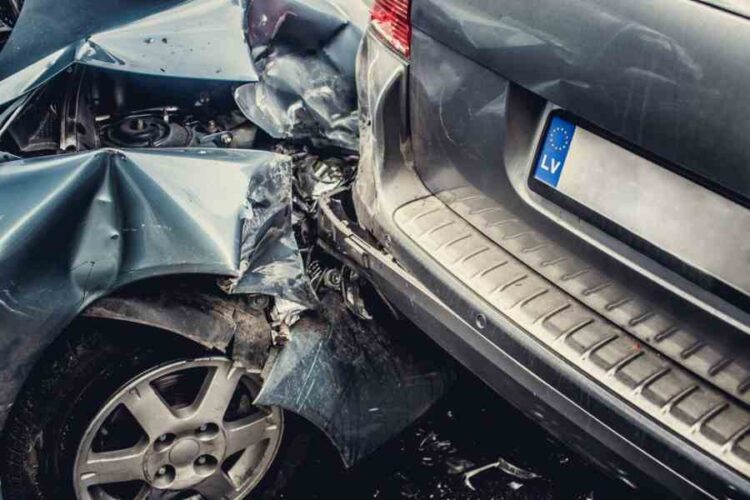Navigating the aftermath of a pedestrian accident in Indiana can get pretty complicated, even more so if you are from out of state and just visiting or driving through.
There is a ton to consider, from understanding local laws to figuring out how to report the incident properly. It is especially tricky when you are trying to heal from any injuries while also dealing with legal issues. Dealing with legal issues requires expert help. Speaking to Indiana personal injury lawyer Steve Fleschner of Fleschner, Stark, Tanoos & Newlin is a good idea at this time.
This blog aims to clarify the most common questions about pedestrian accidents in Indiana, providing clarity and guidance that could ease your mind during a stressful time.
What Do I Need to Do After an Accident?
First things first: Check for any injuries and get medical attention as soon as possible, even if you feel okay. Some injuries hide below the surface and only show up later. Switch gears into detective mode by snapping photos of everything at the scene that might be useful—think cars, street signs, and skid marks.
Talking with witnesses can provide key details that your camera cannot capture; their accounts could be very helpful when piecing together the events of the day. Lastly, the help of a knowledgeable personal injury attorney will steer this ship through murky legal waters, ensuring your rights stay protected every step of the way.
Is the Driver Always Liable in a Pedestrian Accident?
It is a common myth that if there is a car-pedestrian mishap, the driver is always at fault. Sure, drivers have loads to watch out for, but pedestrians are not always off the hook just because they are on foot.
Take jaywalking as an example — if someone steps into heavy traffic midway down the block and causes an accident, that pedestrian might be liable.
In situations with murky details, like crossing in undesignated areas or ignoring pedestrian signals, figuring out who is at fault can become complex quickly. That is where your lawyer comes in handy: digging through the facts and making sure responsibility is fairly assessed.
How Much Will I Recover in a Pedestrian Accident Claim?
After an accident that results in loss, it is normal for the victims to think about how much they can recover as compensation. It is not just pulling numbers out of thin air; several key factors weigh into this.
The severity of your injuries comes foremost—more severe injuries often mean higher compensation. Quality evidence that supports your version of events also pumps up the value of your claim.
Then, there is the defendant’s insurance coverage, which can limit how much you can realistically recover. Indiana is a modified comparative fault state. So, if you are partly at fault, your percentage of fault could shrink your payout proportionally or cause you to lose your right to recover altogether.
Do All Pedestrian Accident Lawsuits Go to Court?
Not every pedestrian accident case ends up in a courtroom drama. Often, parties go for a settlement outside of court. Settling can save much time and stress compared to the lengthy litigation process and sometimes provides quicker access to compensation.
However, this option has a downside: Settlements might result in receiving less than what could be awarded by going to trial. This is where having a savvy personal injury lawyer makes all the difference—they can evaluate the strength of your case and negotiate forcefully on your behalf, guiding you toward the decision that protects your interests.
Is it Required To Speak to a Lawyer?
Not necessarily. However, having a skilled lawyer by your side during such a trying time can make the process of getting due compensation easier. Lawyers are well-versed in the intricacies of personal injury law and usually strive for their client’s best interests. Seek out a lawyer working on a contingency fee basis, as they will be more motivated to win your case and get you ample compensation, as their payment is directly related to it as well.
Conclusion
Going through an accident as a pedestrian can feel wrong and challenging. It doesn’t have to be. With the right lawyers by your side, knowing what costs you can recover and the right way to seek your dues, you can make informed decisions about how to proceed with the case.










